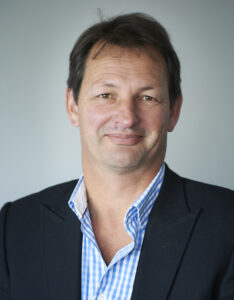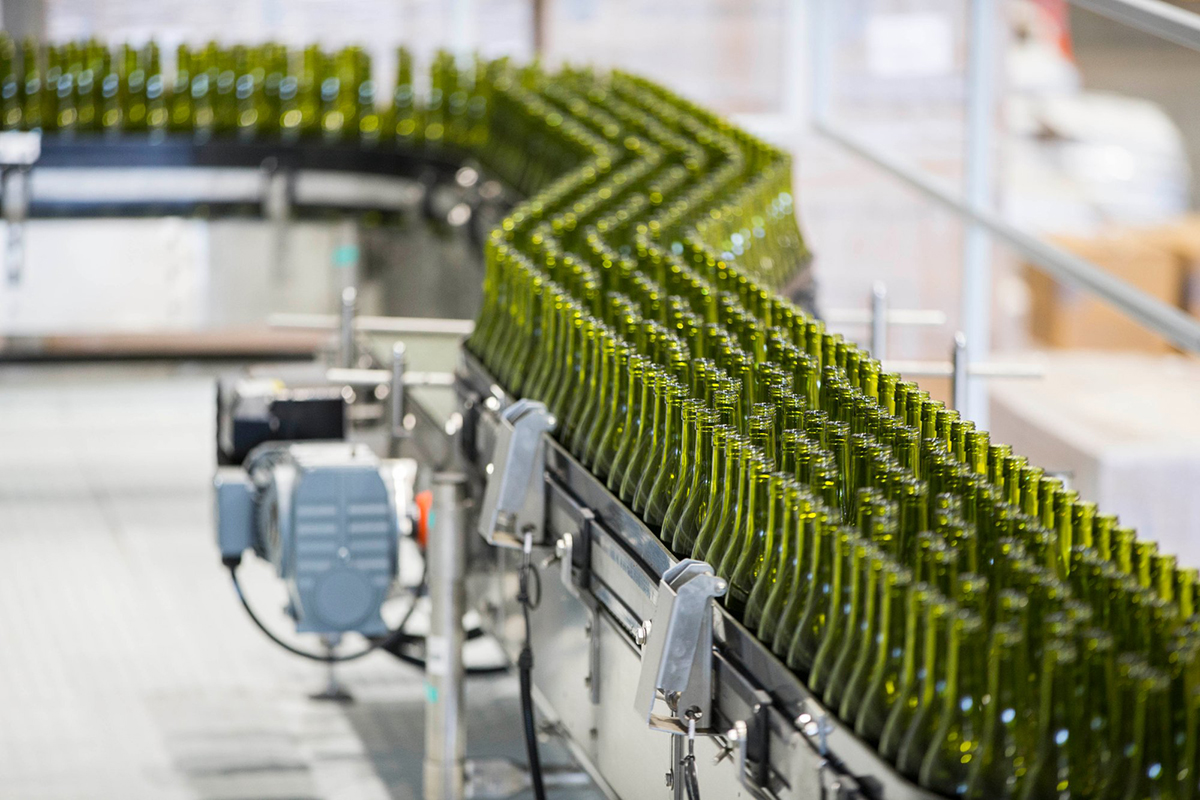Hawke’s Bay wine bottlers WineWorks is set to expand its bottling capacity with the addition of another line at the Omahau Road plant, creating more jobs for locals.

A $52 million investment in WineWorks’ national capacity aims to fortify and ramp up bottling capacity, so that the country can continue to export Marlborough Sauvignon Blanc (86% of our wine exports) and other varieties, to the world.
WineWorks director Tim Nowell-Usticke, who is based in the Bay and started the company here, said that the situation had come about due to a global glass shortage, brought on by the world’s biggest glass plant – in Ukraine – being destroyed in the current conflict. The resulting global glass shortage, has put pressure on the bottling industry.
Because of concurrent gas shortages in Europe, leaders are making hard calls about where best to use it. This means that glass plants, powered by continuously running gas furnaces, are not likely to be high priority going into winter, Nowell-Usticke said.
“So, if you are a glass plant in France and Germany you make decisions about where to use it … best effect is keeping the voters warm.”
New Zealand was in a relatively good position, however.
“We have a glass plant in New Zealand and they have invested and responded to the unprecedented demand. At the same time there is less imported glass coming in, which means that we have to bottle twice as much with half as many supplies.”
All this at a time when there were major shipping problems, he noted.
New Zealand’s glass plant is VISY, in Auckland, which also has plants in Australia. Most of the glass that comes out of VISY – 70% — is recycled, he said.
Nowell-Usticke said the Hawke’s Bay was lucky to be on the same Island as the glass plant, which was currently making the most common wine bottle non-stop. The situation was very much “hand to mouth”.
New Zealand winemakers consequently needed much more of their wine bottled locally, because it could no longer be reliably done overseas.
WineWorks was seizing the opportunity to increase the bottling capacity and warehousing infrastructure. It would be spending millions across its three sites in the next 18 months to do just that.
Its Marlborough plant was getting an upgrade to one of its bottling lines; Auckland was getting a huge new glass storage facility; and an export facility has already been completed. Both are situated next to its bottling plant, which next year will get a new bottling line to increase daily output.
Hawke’s Bay, which is the country’s “centre of excellence”, and a specialist site for the bottling of sparkling wine, is also getting increased bottling capacity from 4,000 bottles per hour to 8,000. It currently has two lines.
The overall investment will result in a further 2,600 shipping containers worth of bottled wine for export each year, he said, but would not say how much of the $52 million would be spent in the Bay.
What it will mean is the creation of new jobs for locals.
“We see Hawke’s Bay as meeting the increasing demand for sparkling. We do all of our sparkling here. Wherever it’s produced, it gets fermented here. Sparkling wine is fermented twice and it’s the second fermentation that creates the bubbles.
“I identify strongly with the Hawke’s Bay plant because this is where we started the company back in 1995, so anything that helps to upgrade the region’s ability [is great]. We set the company up to bring value add process back to the provinces,” he said.
Public Interest Journalism funded through NZ On Air
Photos supplied.


Great all the best for the future.